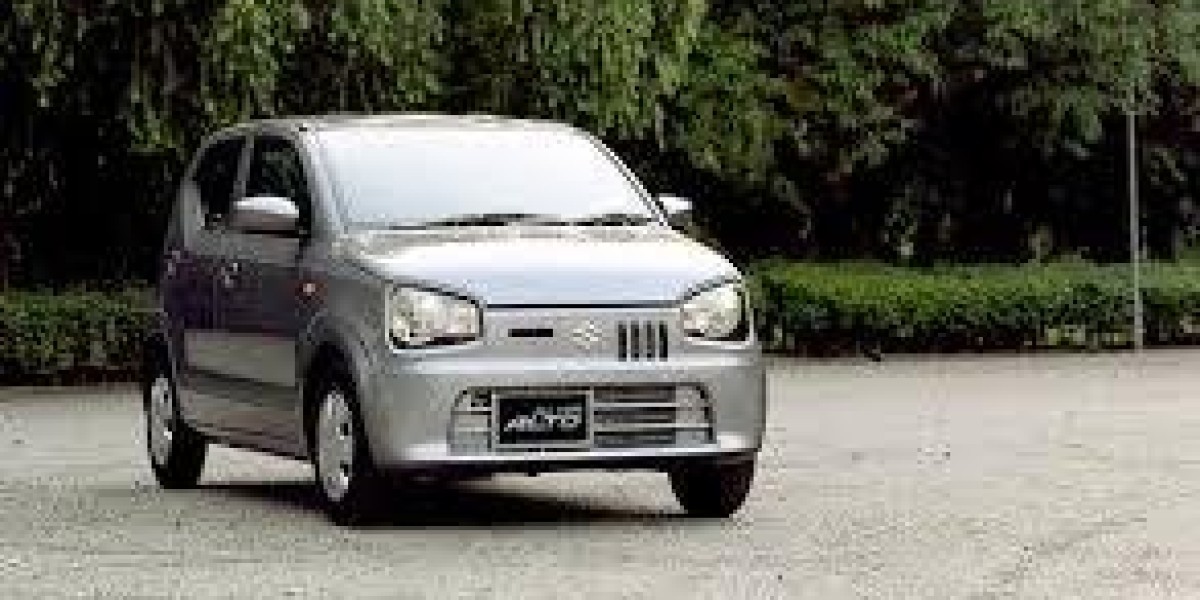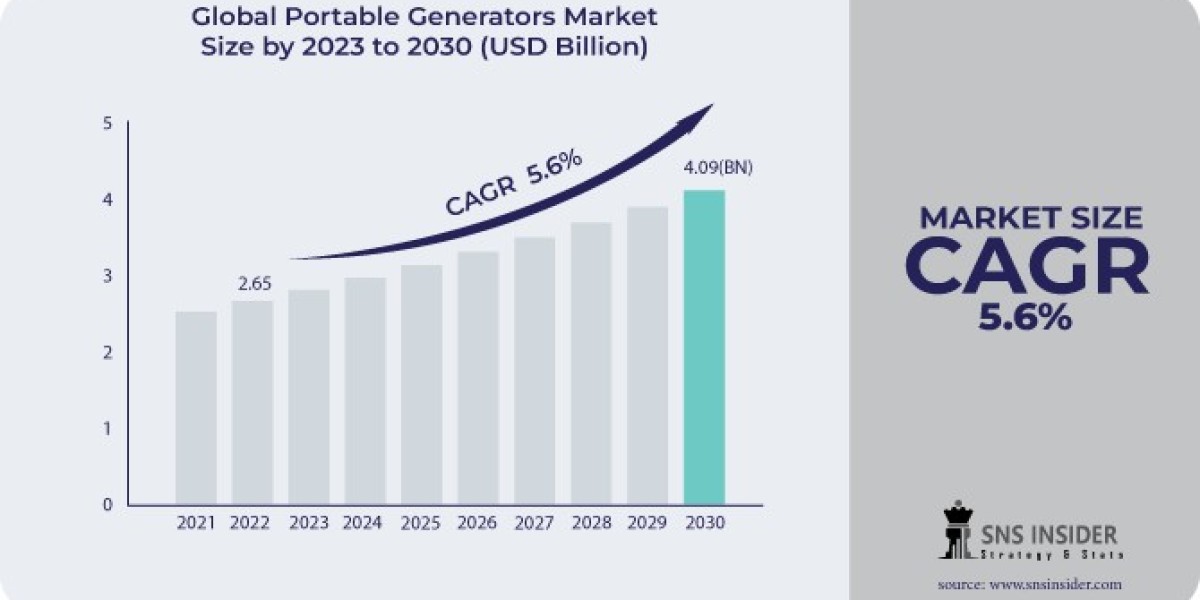In recent years, car prices in Pakistan have risen significantly, leaving consumers wondering why owning a new car has become so costly. Several complex factors contribute to these price hikes, from economic policies to international market dynamics. Here’s a closer look at what’s driving up new car prices in Pakistan.
1. Currency Depreciation
The depreciation of the Pakistani rupee against major currencies like the U.S. dollar is one of the primary reasons for the increase in car prices. Many components used in assembling cars in Pakistan, and in some cases entire vehicles, are imported. When the rupee weakens, it costs more to purchase these parts or vehicles in foreign currencies, driving up manufacturing and import costs. This cost is then passed on to the consumer.
2. High Import Duties and Taxes
Pakistan imposes high import duties and taxes on car imports to protect the local auto industry. However, these tariffs make it more expensive for automakers and dealers to bring in cars and parts, especially given the reliance on imported components. The increased tax burden, including excise duties and regulatory duties, is directly reflected in the final price of new cars. Even for locally assembled cars, the taxes on imported parts make manufacturing more expensive.
3. Inflation and Rising Raw Material Costs
Inflation in Pakistan has surged, impacting almost every sector, including the automobile industry. Additionally, the global rise in the price of raw materials like steel, aluminum, and plastic has made car production more costly. Manufacturers have no choice but to increase car prices to cover these rising production expenses, contributing further to price inflation.
4. Supply Chain Disruptions
Global supply chains have faced disruptions due to recent global events, such as the COVID-19 pandemic and geopolitical tensions. Issues like semiconductor shortages, a critical component for modern cars, have slowed down production worldwide. Pakistan's auto industry, being import-reliant, has also felt the impact of these disruptions. With reduced supply and high demand, prices naturally trend upwards.
5. Limited Local Production Capacity
While Pakistan has several local car assemblers, the country’s production capacity is still relatively limited. With limited options for domestic production, Pakistan relies heavily on imports to meet consumer demand. This dependency on imports means that any fluctuation in international prices or supply conditions quickly impacts local car prices. Limited local production also reduces competition, which might otherwise help control price increases.
6. Increased Demand for Cars
Despite rising prices, demand for new cars in Pakistan remains high. With the country’s growing middle class, more people are looking to buy personal vehicles. The demand-supply gap, coupled with the factors mentioned above, allows car manufacturers and dealers to maintain high prices even as costs rise.
7. Government Regulations and Policies
Government policies, such as vehicle import restrictions and regulatory requirements, add additional layers of cost for car manufacturers and dealers. Changes in policies, such as a ban on the import of completely built units (CBUs) or sudden changes in import duties, can create fluctuations in the car market, causing prices to soar. Policies that aim to promote local manufacturing take time to establish, so consumers may not see immediate benefits from these initiatives.
8. Freight and Shipping Costs
Freight and shipping costs have been volatile recently, further contributing to higher car prices in Pakistan. The cost of transporting vehicles and car parts from abroad has increased, adding to the overall cost for dealers and manufacturers. With these elevated costs, consumers bear the brunt in the form of higher prices.
Final Thoughts
The rise in new car prices in Pakistan is the result of a combination of economic, global, and regulatory factors. With fluctuating exchange rates, high import duties, global supply chain issues, and increased raw material costs, owning a new car has become a significant financial decision.
While some of these challenges, like currency depreciation and global supply chain disruptions, may improve over time, others, such as import duties and local production limitations, may require longer-term solutions.










